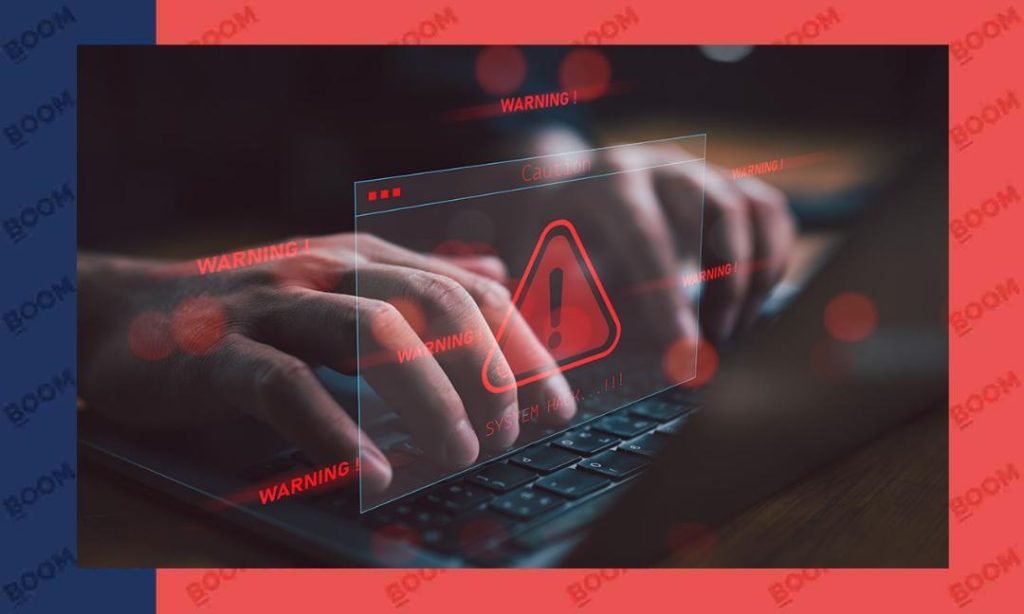
UK Cyberattack Linked to Patient Death, NHS Disruption
In a shocking revelation, a recent cyberattack on a private pathology firm serving NHS trusts in London has been linked to a patient’s death and widespread disruption of services. The attack, claimed by the Qilin group, compromised patient data and resulted in over 10,000 disrupted appointments, delayed blood test results, and nearly 600 care incidents reported.
Synnovis, the private pathology firm affected by the attack, provides pathology services to NHS trusts in London. The company’s IT system was compromised on June 1st, and the attackers demanded a ransom in exchange for restoring access to their systems.
The devastating impact of the attack was quickly realized as delays in blood test results and other pathology services began to affect patient care. The consequences were severe, with one patient succumbing to their illness due to the delayed diagnosis.
According to reports, the patient who died was being treated for cancer and required urgent testing to determine the effectiveness of their treatment. The delayed results meant that the patient’s condition worsened, ultimately leading to their death.
The attack also resulted in nearly 600 care incidents, including delayed surgeries and changes to treatment plans. Patients were forced to wait for extended periods for test results, causing significant distress and anxiety.
The Qilin group, the hackers responsible for the attack, claimed they had accessed patient data and were willing to return it only if the ransom demand was met. However, it is unclear whether any payment was made or if the hackers actually returned the stolen data.
The attack has raised concerns about the security of patient data and the potential consequences of cyberattacks on the healthcare system. The UK’s National Health Service (NHS) has faced numerous cyberattacks in recent years, highlighting the need for enhanced security measures to protect patient data and prevent disruptions to services.
The incident has also sparked a debate about the effectiveness of the NHS’s cybersecurity measures. Critics argue that the NHS is underfunded and understaffed, making it vulnerable to cyberattacks. Others argue that the healthcare system needs to prioritize cybersecurity and invest in the latest technology to prevent such attacks.
The UK’s Information Commissioner’s Office (ICO) has launched an investigation into the attack, and officials have confirmed one case of “severe” harm. The ICO has warned that the attack could have been prevented if Synnovis had implemented adequate cybersecurity measures.
The incident serves as a stark reminder of the devastating consequences of cyberattacks on the healthcare system. As the NHS continues to rely on outdated technology and inadequate security measures, patients are put at risk of harm.
In conclusion, the recent cyberattack on Synnovis highlights the need for enhanced cybersecurity measures in the healthcare system. The consequences of the attack were severe, and it is essential that patients can trust that their data is secure. The NHS must prioritize cybersecurity and invest in the latest technology to prevent such attacks in the future.






